The 12 Days of Christmas
A dozen fascinating charts I discovered in 2024. It's time to take The Sniff Test.
From Christmas Day to Epiphany
The year closes with a marked vibe shift led from America. There is a business takeover of politics, as people used to getting their own way, take on a bloated bureaucracy brought up on compromise.
The relentless energy of entrepreneurs will be tested by the political process and when they realise they cannot fire everyone. There is a big difference between serving a warm customer base and satisfying a public demanding lower costs and higher quality services.
In time, technology may deliver. Optimists target 10 billion humanoid robots by 2040, each costing just $10,000. But only 1,000 are expected in 2025.
The celebration of the 12 days of Christmas is 1,500 years old. It follows Advent, originally a fast but now another chocolate eating festival. That’s progress for you. My celebration is 12 charts that did not make The Sniff Test this year, but that I find fascinating nonetheless.
So with the warning that little changes in a year while a lot does in a decade, let’s dive into the charts.
1. Energy consumption in Africa vs your fridge
The Queen famously used to go round switching off lights in Buckingham Palace, but today it’s your fridge that consumes the most power. More in fact than the average person in many African countries. While a solar panel on your roof might help, it will do more good in Africa and we need to find ways to raise energy consumption there from sustainable sources. Someone tell the Grinch Miliband that the answer is not taxes in the West, it is the profit motive working in the rest of the world. Then tell the kids to stop searching in the fridge.
2. America’s impact on climate change
US laws are given names to make them appealing to the voters. Meanwhile, politicians pack them with policies that have nothing to do with the headline. That’s how the Inflation Reduction Act becomes the design for a permanent shift in US policy towards climate change. There’s more than a trillion dollars for new initiatives and while the money will be spent, the impact on global temperatures is negligible. Fossil fuels account for 80% of energy worldwide and at the rate of reduction since 2010, will take four centuries to be replaced. If China and India don’t go green then falling on our sword in the West achieves nothing.
3. Falling energy use is the problem
Energy consumption in the West peaked around the time of the financial crisis, while income per head is unchanged since then. Coincidence? I think not. The data centres powering artificial intelligence may change this, which is a good thing. Thomas Malthus was a famous pessimist who was hopelessly wrong, but his contention that greater wellbeing leads to more humans rather than a higher standard of living, describes Western Europe since 2008. Having the highest energy costs in the world can hardly be helping.
4. What your wages can buy
McKinsey says that better health is best way to boost economies. But this chart shows that the average wage buys a lot less healthcare than a quarter of a century ago. It’s also hard to train more doctors when wages buy one quarter less college tuition. The good news for Christmas is that toys, computer software and mobile phones are much cheaper. Remind me, is it healthcare and education, or phones, computers and toys that have open competition and minimal regulation?
5. Obesity in the US and Europe
Healthcare is in high demand. Three in five Americans have a chronic condition and two in five have at least two. In 1990, no states had more than 20% obesity rates, while by 2018 no states had less than that. Indigenous, Hispanic and Black populations are particularly effected. Only Turkey in Europe has similarly elevated levels. Still, every crisis is an opportunity and this year the use of diabetes treatment Ozempic as an appetite suppressant has soared. Without sales of the drug, Denmark would be in recession. Now here’s a thought, what will happen to the fashion for being skinny when everyone is popping weight-control pills?
6. The benefits of bullying
The problem with consensus is that it’s often wrong. It’s widely assumed that US bullying of trade partners into using dollars, will result in more of them using renminbi. But while trade in the Chinese currency has risen, the dollar share of trade has risen further to a 12-year high. For now, both sides of the argument are winning at the expense of the Euro.
7. Right the first time
Before consensus gets too bad a wrap, what about tariffs? Supporters argue that higher taxes on trade have no impact on inflation. Apparently, foreign companies swallow all the cost increases. Unconventional arguments attract attention because they go against the grain, but social media shares do not make them correct. Forecasting complex systems such as economies is, well, complex and gets harder the further out you project. It becomes impossible to discern a single cause of anything. What we do know is that tariffs during the last Trump presidency quickly led to higher prices. Sometimes the simplest explanations are the best.
8. Social Engineering
The best way to change culture is through education. The people who work for the government, including as educators, are more likely to be anti-capitalist because capitalists work in businesses. They are waking up to the fact that education costs a fortune and teaches their kids to hate them. I expect business folks to redo education using AI as a means to lower costs and redress bias. A year ago I questioned whether attempts to reform the system may spark the next crisis. That would tie in neatly with the next election being the pivotal one, rather than the one just gone.
9. The real cost of education
What has several decades of social engineering through education achieved? One answer is a more opinionated young population expressing views on social media. The influencer-inspired Gen-Zs say that over $500,000 a year is required to be successful, several times what any other generation considers well-to-do. This translates into new entrants into the workforce being seen as entitled, workshy and unable to communicate other than among themselves. Thanks for nothing, professors.
10. No risk, no return
Policy matters. In the aftermath of the financial crisis, the UK championed reforms to make sure your pension pot has enough money in it when you retire. Great idea, right? The consequence has been a surge in investing in debt, enabling government spending to soar, and a reduction in investment in company shares. As of December 14, new companies raised $1 billion in London this year, ranking the City a lowly 20th worldwide. Listing on the stock market is the ultimate reward for innovative entrepreneurs and it doesn’t happen in the UK anymore. Across the continent, Europeans hold 10% of financial assets in the stock market, one third the level of risk-taking US households.
11. Losing another empire
At the dawn of the 20th century, Europe and its empires accounted for over 80% of the global landmass and 60% of its income. By the end, it was just 7% of the world’s surface and a quarter of the earnings. One bright spot was Europe’s dominance of the car industry, but China has since seized that crown. The economic arguments against Brexit – no self sufficiency in energy and raw materials, lack of a large deregulated market and no strong financial centre – apply to Europe as a whole. At least it’s still a nice place to visit and UK trips to EU countries, which were unaffected by Brexit, have recovered from pandemic lows. The strong dollar boosts tourism too, so keep buying American tech and Americans will keep coming to visit.
12. Quantum Leap
What’s your password? The most common are sequential numbers starting at one, password, qwerty and abc123. These take seconds to break. Replace them with an 18 character password consisting of numbers, upper and lowercase letters, and symbols, and the time taken to crack the code rises to 7 quadrillion years. This is what keeps cryptocurrency secure. This month, Google’s quantum computing chip enabled a maths problem to be completed in 5 minutes, rather than the assumed 10 septillion years - a septillion is a billion times larger than a quadrillion. Quantum computing, managed with AI-derived algorithms, is the most likely source of genuine machine intelligence. It is also going to require every crypto network to be rewired and open Facebook and your bank account to North Korean hackers.
Many thanks for reading The Sniff Test in 2024. If you found today’s format interesting or entertaining, let me know and I’ll do it more often. Seasons greetings to you and your loved ones.






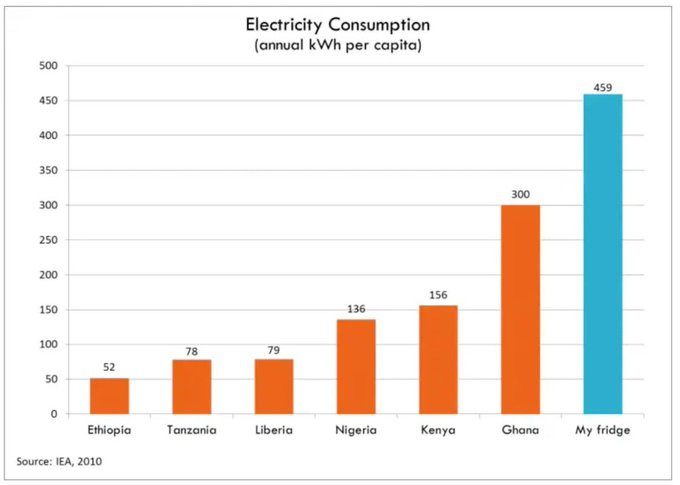
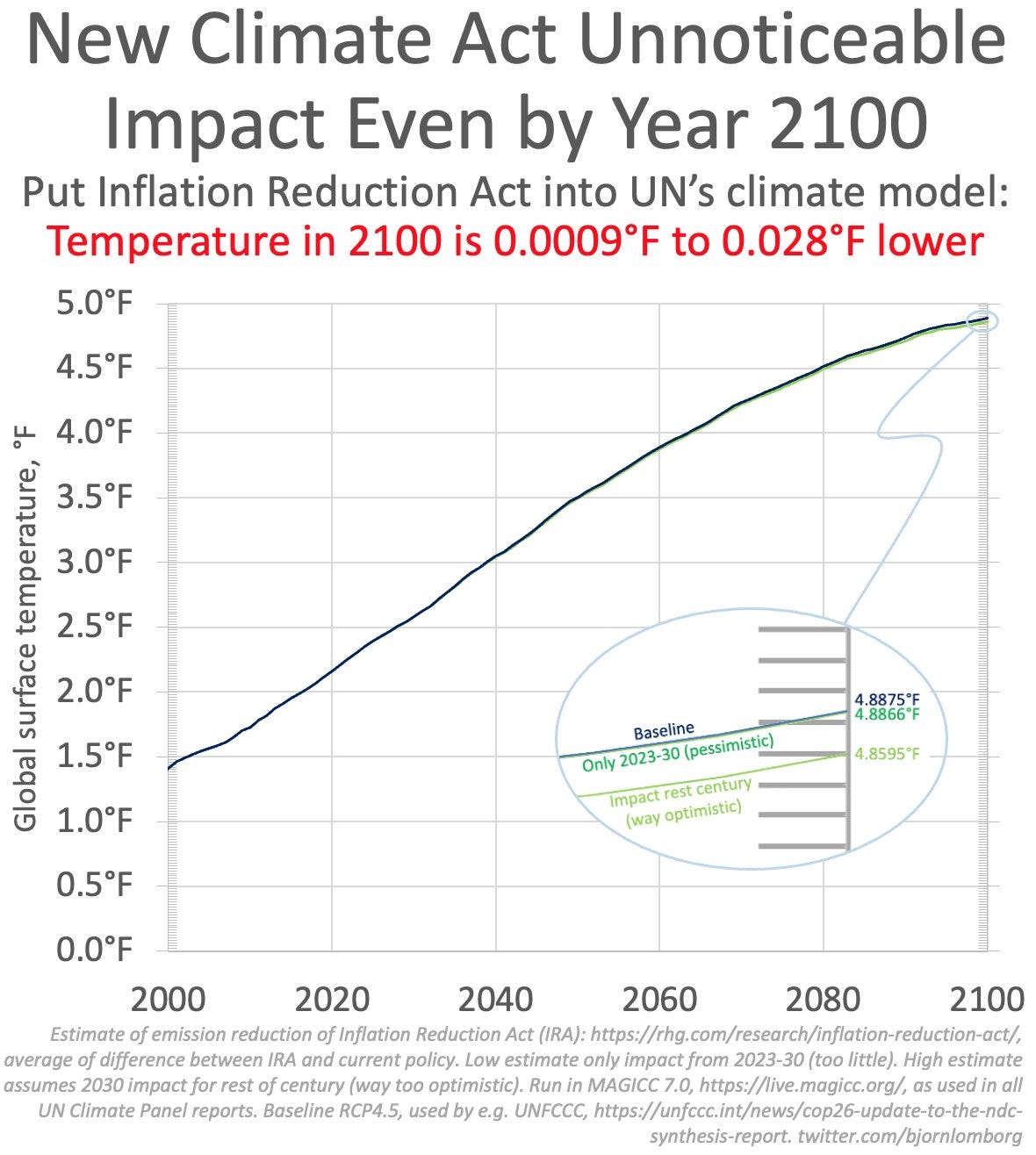


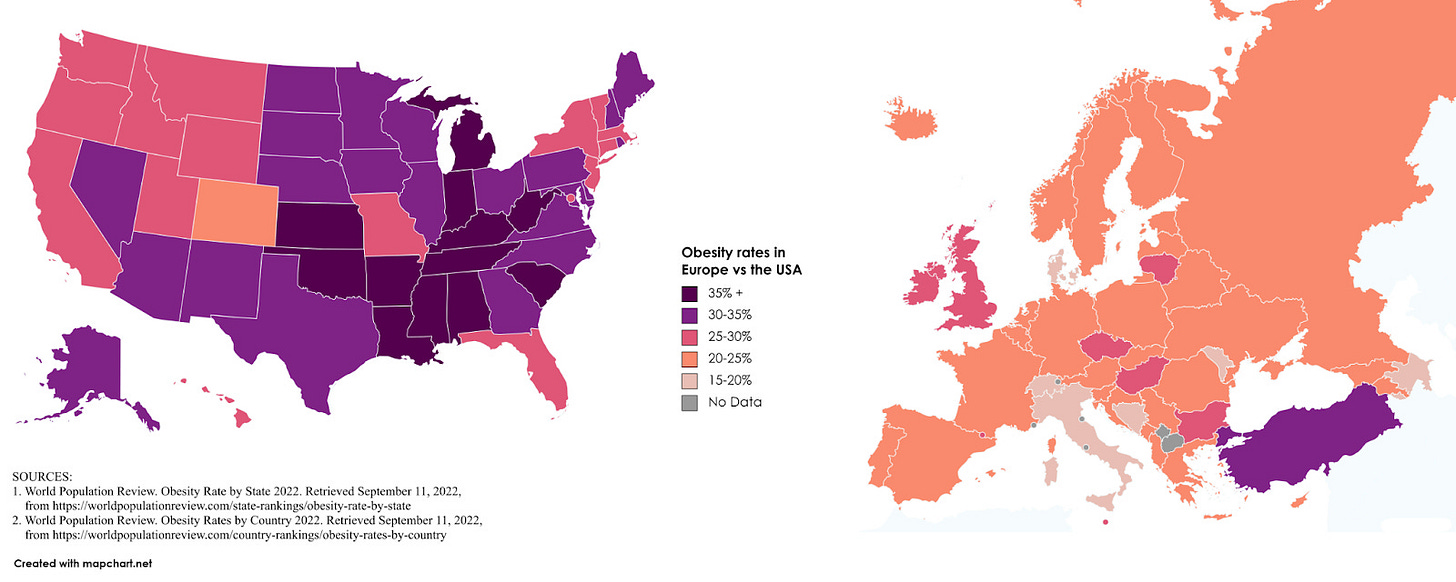

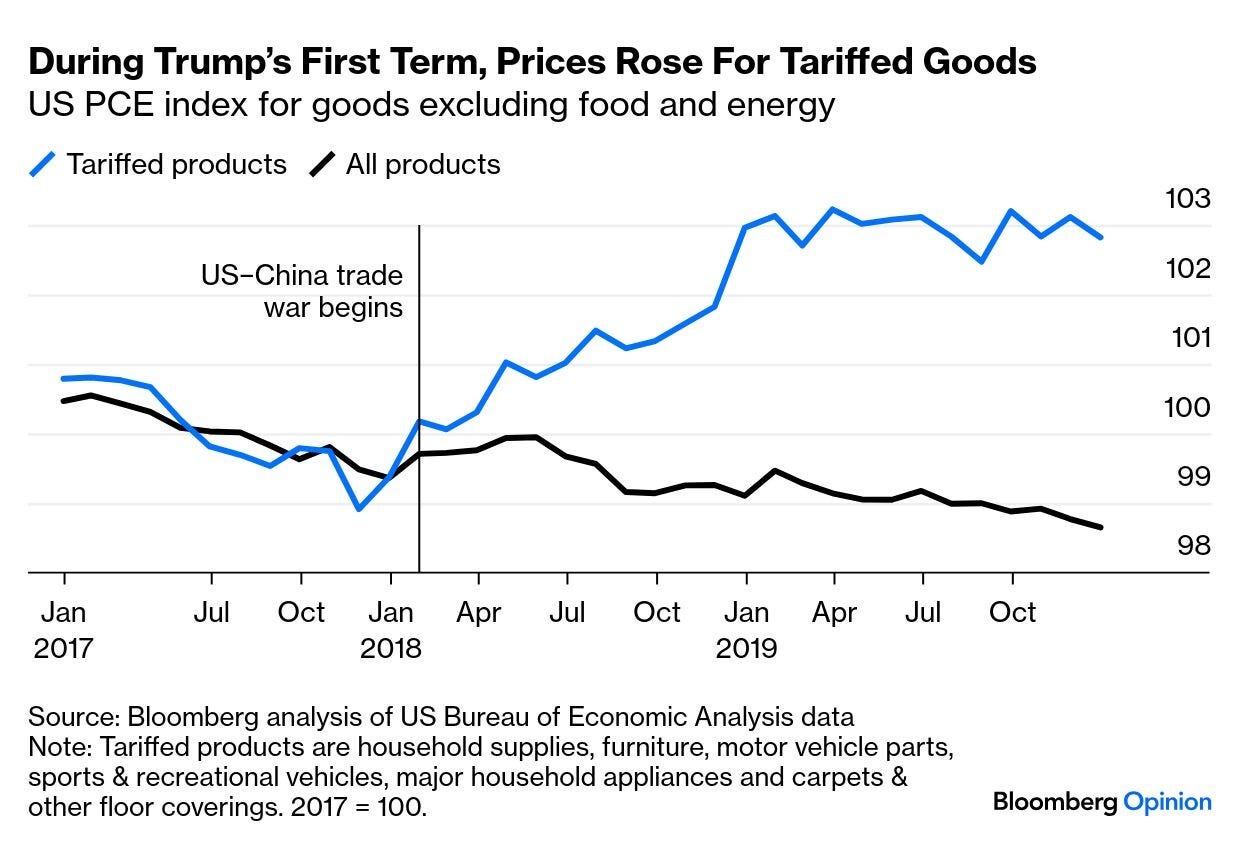
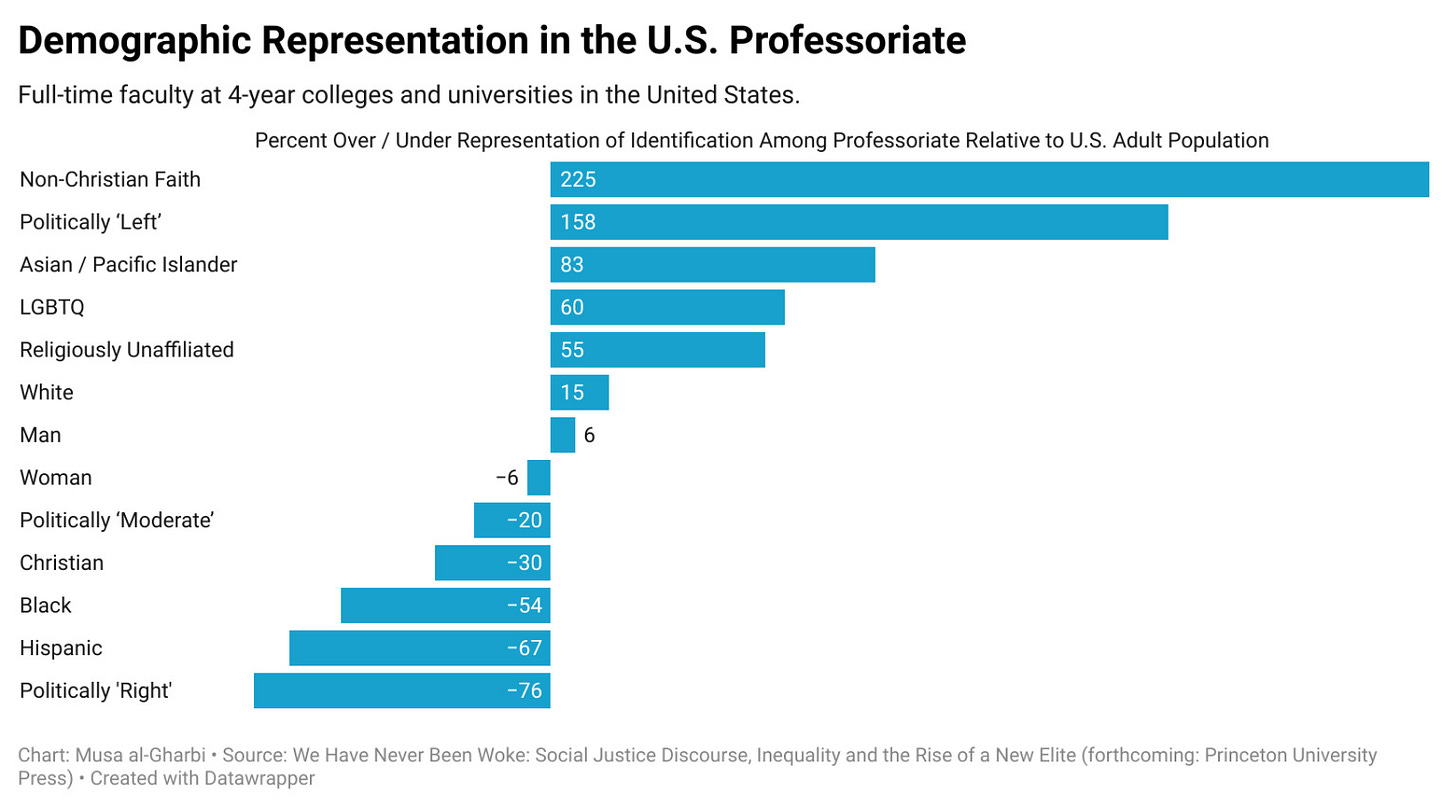


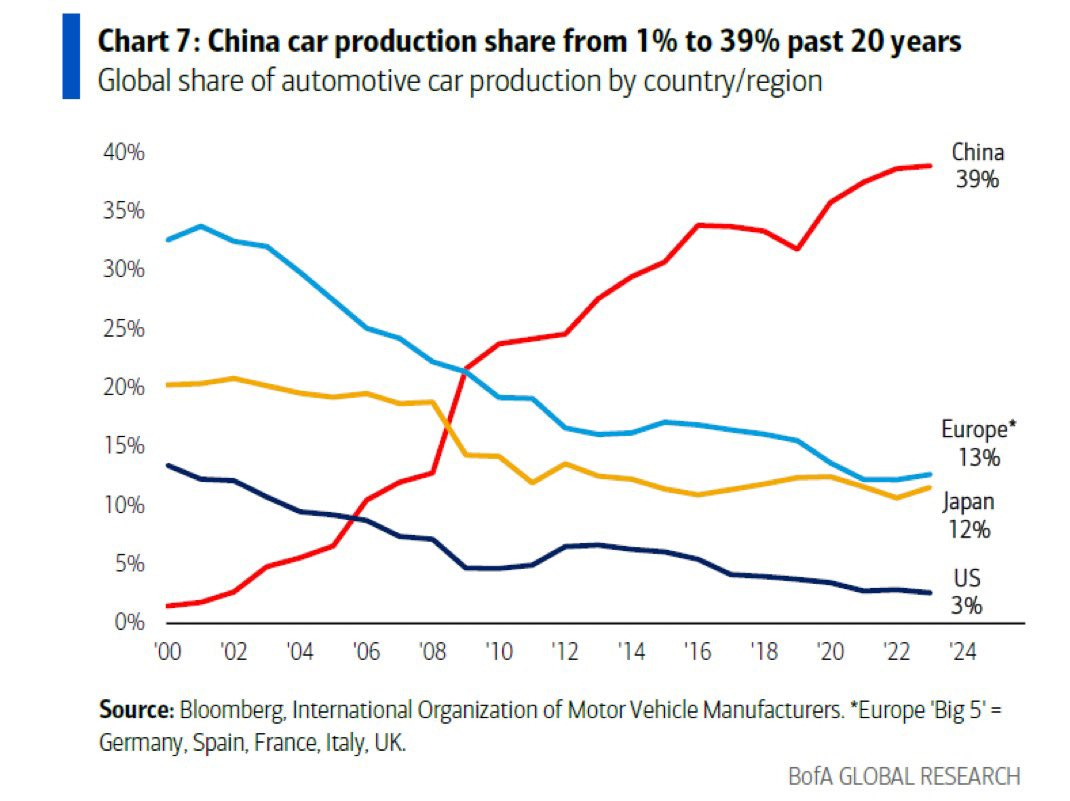

All very interesting!
Health and education cost more because a) it is unionised and/or a near monopoly which means b) it has failed to increase productivity and c) with the price of other goods, especially tach falling, it has taken greater share of wallet.
AI is an obvious solution now that tax is after a greater share of wallet.
On obesity, I wonder about the correlation with ‘soda’ and especially the sudden decision in 2013 in Europe that aspartame was fine after all?
On social engineering, is non Christian faith who I think it is?